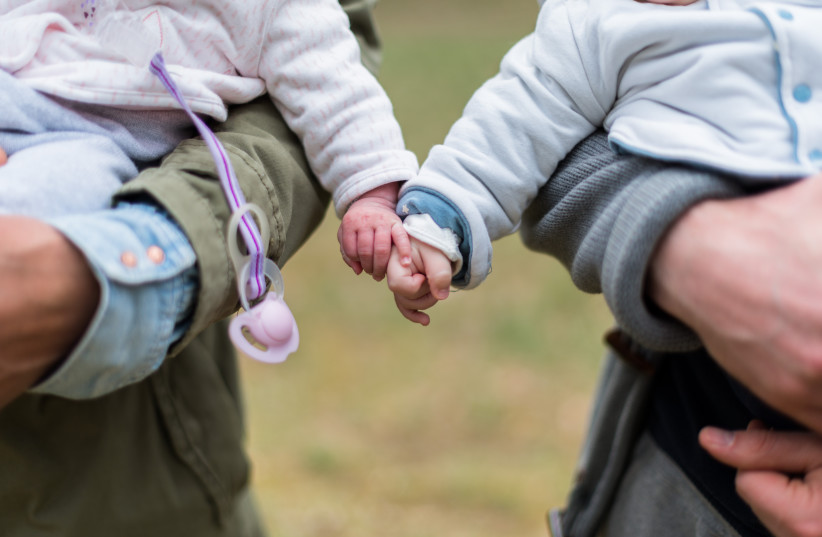Remember when you were pregnant?
You welcomed any advice or tips that would strengthen your sense of security about becoming a mom. You read about topics related to parenting and babies, you heard from experienced mothers about what awaits you, and you were encouraged to get help from professionals (for example: breastfeeding training) and much more.
After you gave birth, a tiny human who commanded all your attention joined your family, and the flood of information around you grew and grew. It's good to meet other new moms, maybe at the baby development clinic, on a walk around the neighborhood and/or via the JAMA app. The discussion, of course, revolves around babies and what they already know how to do.
As a new mom, you hear a lot of stories from every direction. A friend's baby who slept through the night from the age of one month, a nephew breastfed without any problems, the neighbor's son easily falls asleep every time he's placed in the car and someone starts driving.
All this information leads you to make comparisons and that's why Lidor Tamir Stone, a parenting instructor who promotes talking with a baby from the first days after birth, recommends that you don't start comparing at the very beginning and explains why you see big differences even between newborn babies.

During the first month, babies differ from each other in three main areas:
Sleep duration and its cycles
Some babies sleep for short periods of time and wake up a lot, others sleep longer in a row at the very beginning. Most babies will start to sleep for longer periods of time and wake up less frequently, but it's important to understand that there's also an effect on your baby's internal rhythm.
Eating patterns
Some babies eat small portions often, while others eat a larger amount in fewer meals.
Reaction to stimuli
The degree of sensitivity to stimuli or changes between babies is different for each one. Each baby reacts differently when waking up/being in a dark place to being awake/in a place with light, entering a new and unfamiliar place, feeling hungry, noises and more.
These distinctions show that differences between babies are natural. This isn't always easy to accept, especially when you're in a "low" place in your opinion compared to other mothers, but it's important to remember that each baby is unique and special.
Don't compare, but internalize that everyone has a personal rhythm with which to experience and understand the world. This rhythm affects temperament, reactions and the ability to adapt to changes.
As a mom, you have an influence in shaping your baby's personal rhythm. In fact, an interesting way to understand a baby's rhythm is to look at the parents' behavior: their character, temperament, the dynamics between them and the way they adapt to changes.
Accept your baby with love as they are, without comparisons and without expectations. This will make it much easier for you to deal with future challenging situations which all parents will experience.
This article was written in partnership with the JAMA parenting app.
